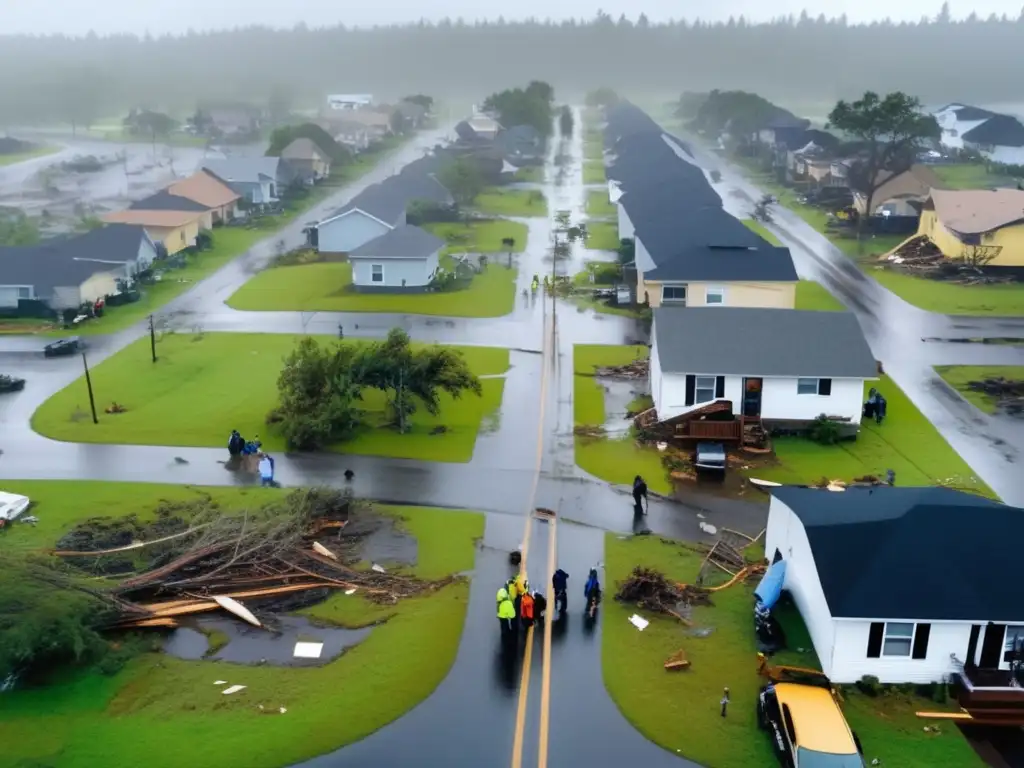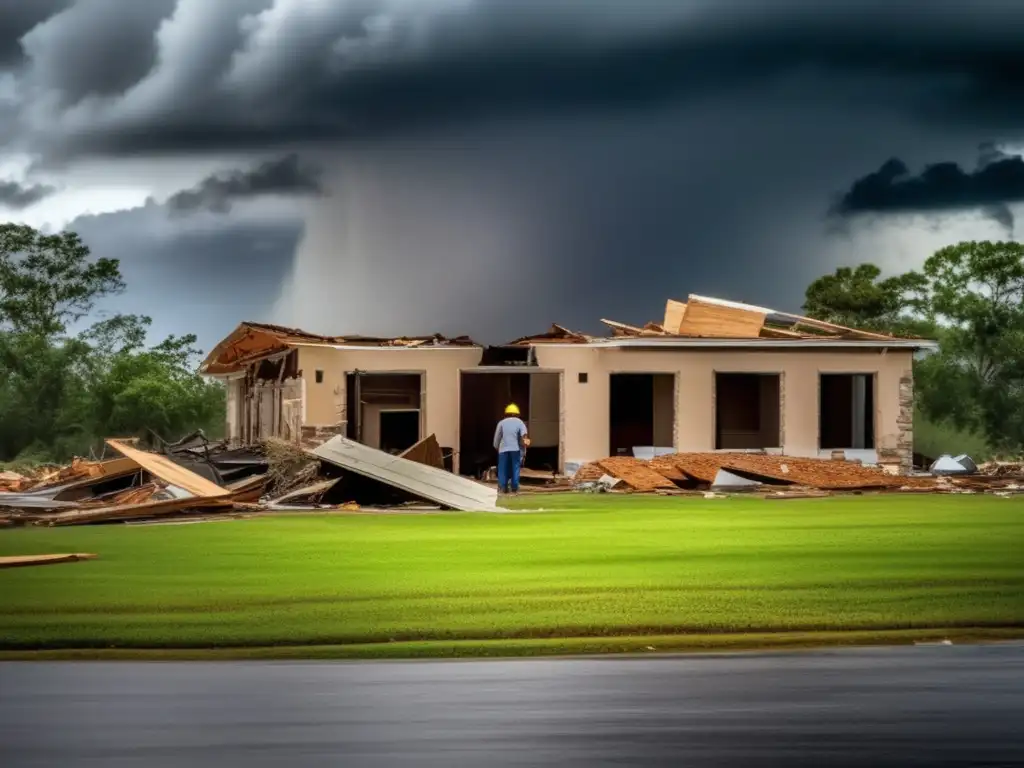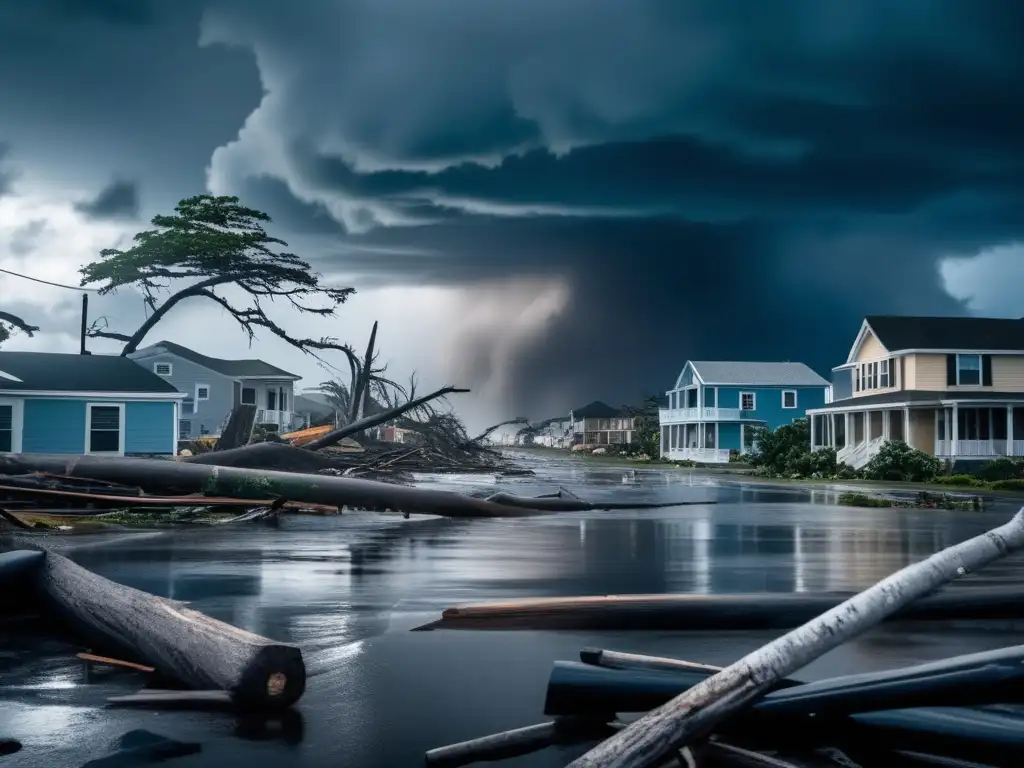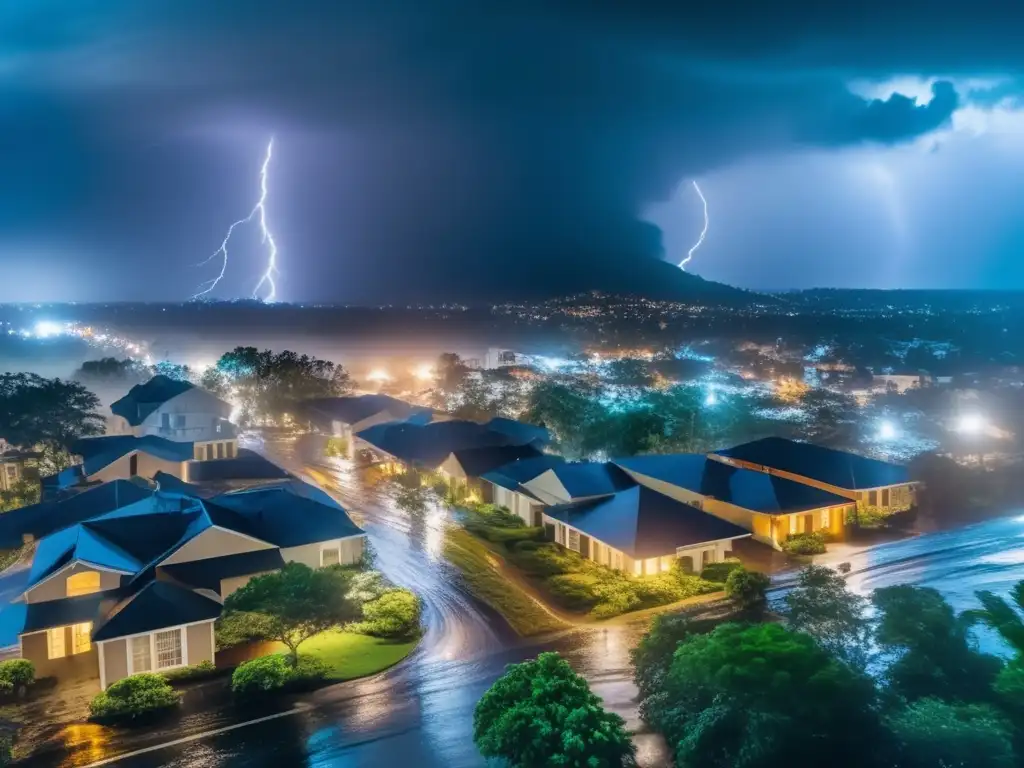Resources For Mental Health Support Following A Hurricane

Resources for Mental Health Support Following a Hurricane
Introduction
Hurricanes are some of the most devastating natural disasters that can cause significant upheaval and trauma. In addition to the physical damage caused, such disasters can also lead to long-term mental health effects on survivors, responders, and communities as a whole. The widespread destruction caused by hurricanes can result in a loss of homes, businesses, possessions, and even lives. The aftermath of a hurricane can be traumatic and overwhelming for many people, leading to feelings of anxiety, depression, post-traumatic stress disorder, and other mental health conditions. Therefore, it is crucial to have adequate resources available to support the mental health of those affected by hurricanes.
Types of Mental Health Support Available After a Hurricane

Counseling Services
Counseling services are essential resources for anyone struggling with their mental health after a hurricane. Mental health professionals such as counselors, therapists, and psychologists can provide needed support to help individuals cope with the emotional aftermath of such disasters. These professionals can offer various types of counseling services, including individual therapy, group therapy, and family therapy. One can access counseling services through local clinics, hospitals, mental health centers, community health centers, or outreach programs.
Online Resources
Online resources can also be an excellent source of mental health support following a hurricane. There are several online platforms where one can find valuable information on coping with mental health issues after such disasters. Some of these platforms include the National Center for Posttraumatic Stress Disorder, Red Cross, Centers for Disease Control and Prevention, and Substance Abuse and Mental Health Services Administration. These websites provide helpful resources such as articles, guides, and self-assessment tools that can assist individuals in managing their mental health.
Peer Support Groups
Peer support groups are another valuable resource for individuals dealing with mental health issues following a hurricane. Such groups provide a supportive environment where individuals who have experienced similar challenges can share their experiences and offer each other guidance. Peer support groups can be formed through various avenues, including online forums, local community centers, mental health clinics, and religious organizations. For example, the National Alliance on Mental Illness (NAMI) offers several support groups for individuals dealing with mental health conditions.
How to Cope With Mental Health Issues After a Hurricane

Take Care of Basic Needs
After a hurricane, it is essential to take care of basic needs like food, water, shelter, and medical attention. It is crucial to prioritize these needs to ensure adequate physical health and safety. Once a person's basic needs are met, they can then focus on their emotional and mental health.
Stay Connected with Loved Ones
Staying connected with loved ones and family members is an essential part of coping with mental health issues following a hurricane. One can lean on trusted friends and family for emotional support during such trying times. Social connection can significantly impact one's mental health, so it is essential to have a support system in place.
Allow Yourself Time to Grieve
Grief is a natural and necessary process that individuals experience after significant losses. It is essential to give oneself time to grieve and process the emotions that come with loss. Some of the feelings individuals may experience include shock, anger, denial, sadness, and acceptance. It is okay to seek professional help if these feelings become overwhelming or unmanageable.
Practice Self-Care
Practicing self-care is a vital part of maintaining good mental health. Self-care can involve anything that promotes a person's well-being, including exercise, healthy eating, getting enough sleep, and engaging in activities that bring joy and relaxation. It is crucial to engage in self-care activities regularly to help cope with mental health issues after a hurricane.
Frequently Asked Questions

-
How common are mental health issues following a hurricane?
Mental health issues are prevalent after significant disasters such as hurricanes. Studies have shown that up to 50% of disaster survivors experience mental health problems such as depression and anxiety.
-
How long do mental health effects last following a hurricane?
The duration of mental health effects following a hurricane varies depending on the individual. Some people may experience symptoms for a few days, while others may experience them for months or even years. Seeking professional help can assist in managing symptoms and promoting recovery.
-
What should I do if I experience mental health issues after a hurricane?
If you are experiencing mental health issues after a hurricane, it is essential to seek professional help. You can visit your local clinic, mental health center, or outreach program for assistance. Alternatively, many online resources are available to provide guidance and support.
-
Can children be affected by mental health issues following a hurricane?
Yes, children can be severely impacted by natural disasters such as hurricanes. They may experience fear, anxiety, and other mental health issues as a result. It is important to provide them with age-appropriate information about the situation and ensure they have access to support services.
-
Is it possible to prepare for the mental health effects of a hurricane?
Yes, it is possible to prepare for the mental health effects of a hurricane. Preparing for such disasters can involve creating a plan for dealing with emotional and mental health issues. This might include identifying resources for support, lining up counseling services, and staying connected with loved ones.
Conclusion
When hurricanes hit, they can have a devastating impact on individuals and communities alike. In addition to physical damage, these disasters may lead to long-term mental health effects on survivors, responders, and their families. Having adequate mental health resources available can significantly impact one's recovery from mental health issues following a hurricane. It is essential to prioritize self-care, seek professional help when necessary, stay connected with loved ones, and allow yourself time to grieve. By taking care of our mental health, we can work towards rebuilding our lives after such destructive events.
Remember, there are several resources available to assist anyone affected by a hurricane. Consulting online platforms, joining peer support groups, or seeking assistance from mental health professionals can help manage mental health issues and promote healing. We encourage all those impacted by hurricanes to prioritize their mental health during the recovery process. For additional information and resources, visit hurricaneinsider.org.
Additional Resources

- Red Cross
- Centers for Disease Control and Prevention
- Substance Abuse and Mental Health Services Administration
- National Alliance on Mental Illness
 The Role Of Charities In Hurricane Recovery Efforts
The Role Of Charities In Hurricane Recovery Efforts Navigating FEMA Assistance After A Hurricane
Navigating FEMA Assistance After A Hurricane Reducing Future Risk: Preparing For The Next Hurricane
Reducing Future Risk: Preparing For The Next HurricaneIf you want to discover more articles similar to Resources For Mental Health Support Following A Hurricane, you can visit the Hurricane recovery: category.
Leave a Reply

Articulos relacionados: